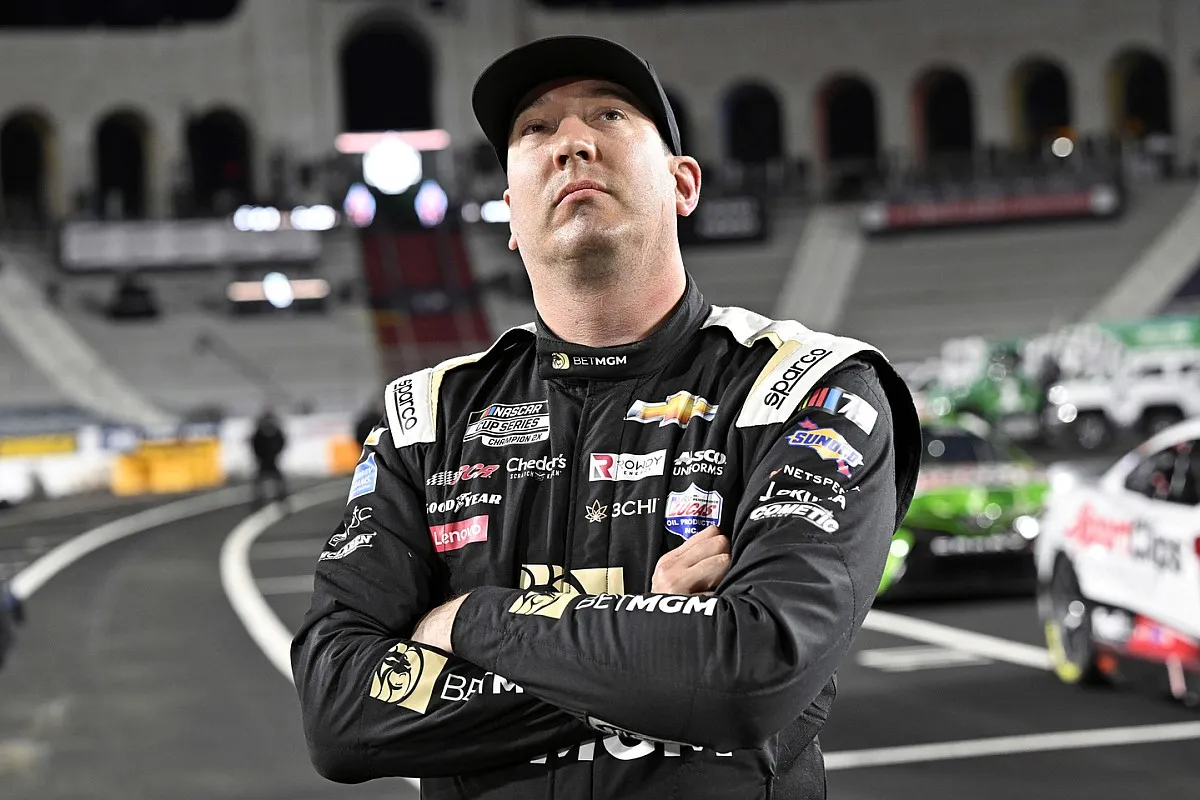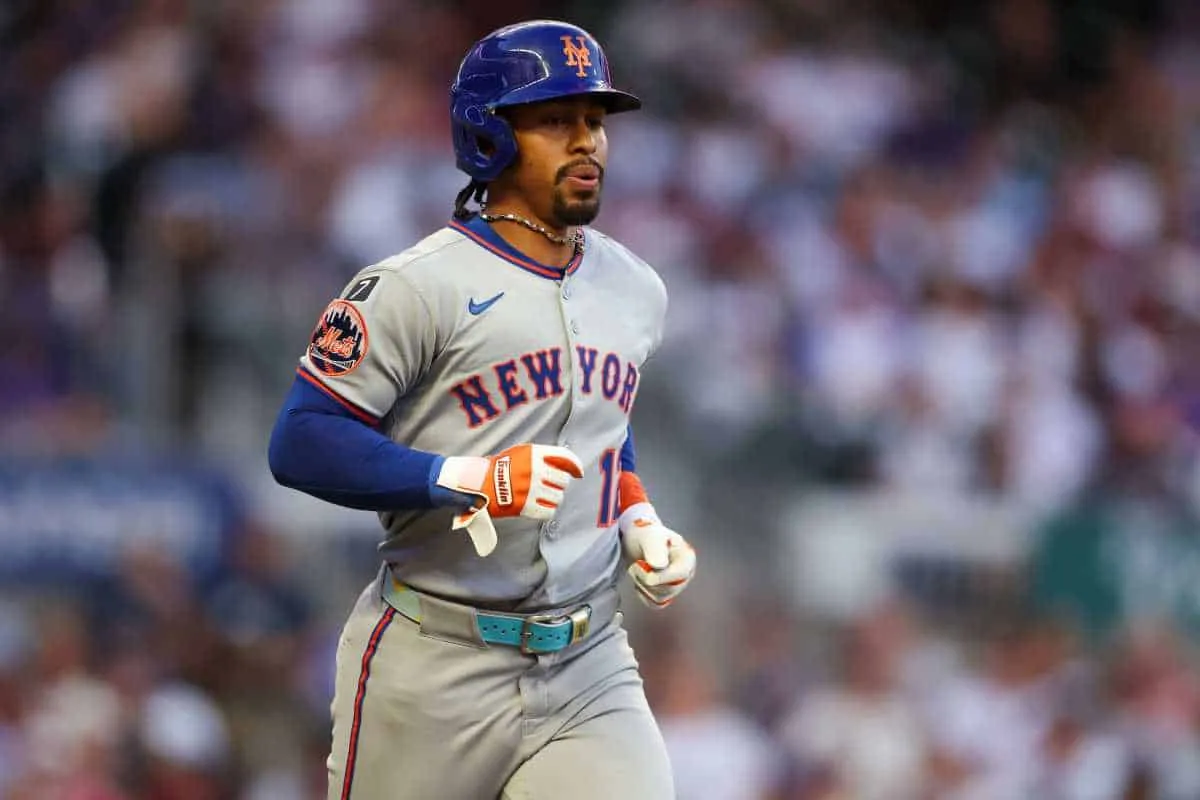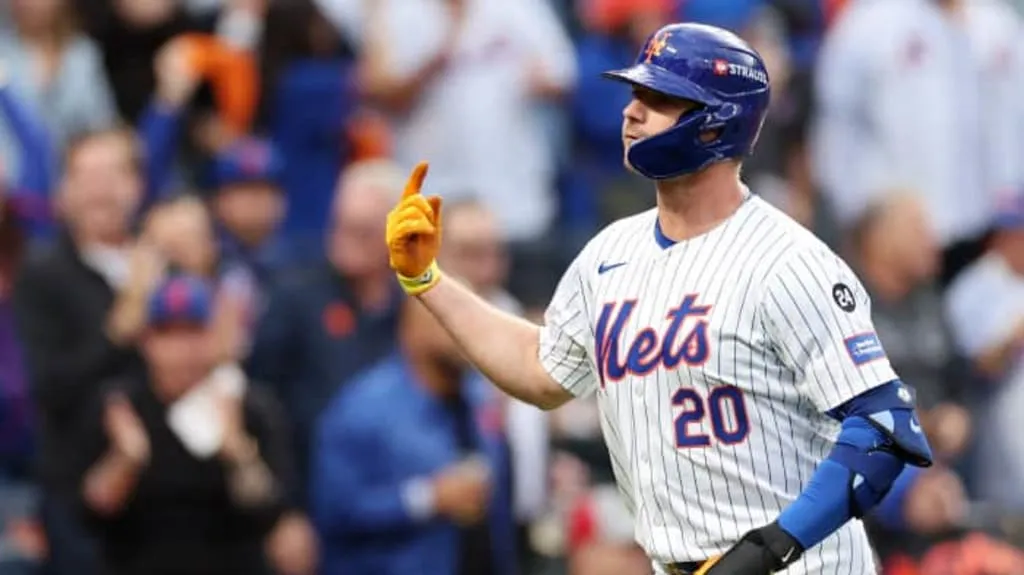
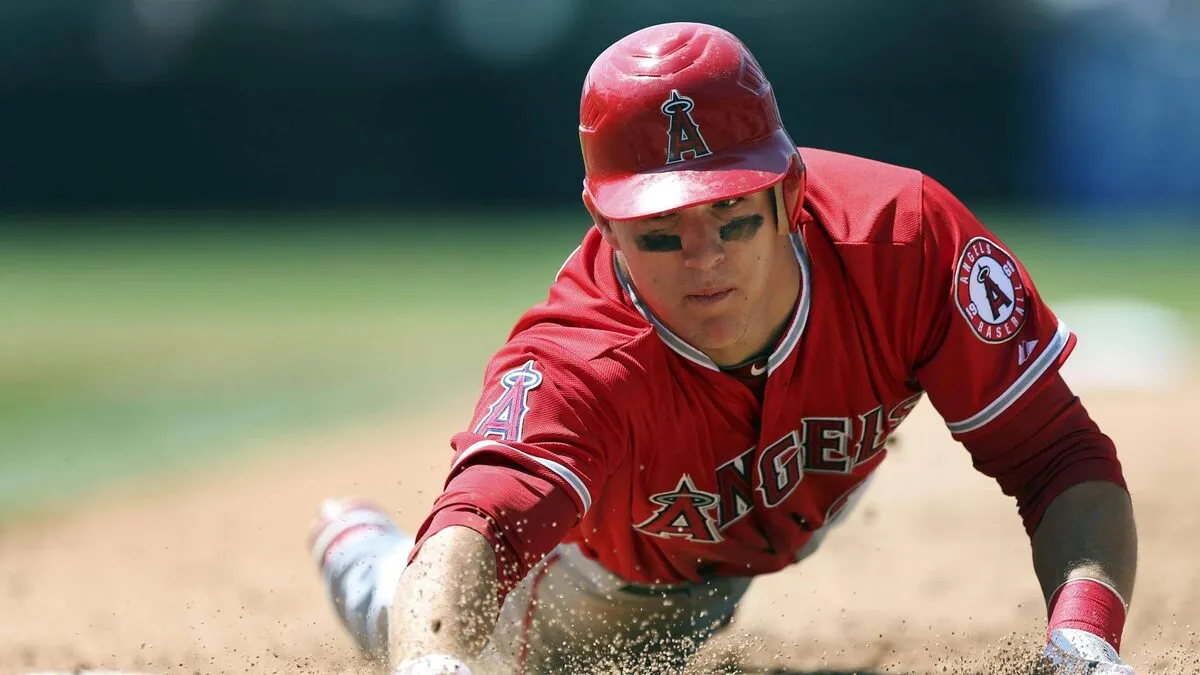
Once Untouchable, Now Ignored? What Just Happened to Mike Trout in All-Star Voting
For over a decade, Mike Trout has been one of the most consistent and electrifying players in Major League Baseball (MLB). A perennial All-Star, a three-time MVP, and the face of the Los Angeles Angels, Trout seemed like a lock for the Midsummer Classic every year. Yet in a shocking twist during the latest All-Star voting, the baseball world watched as Trout’s name slipped down the ballot, generating questions, debates, and speculation. How could a player who once seemed untouchable now find himself seemingly ignored? Let’s delve into what just happened to Mike Trout in All-Star voting, and what it means for his legacy and for the sport.
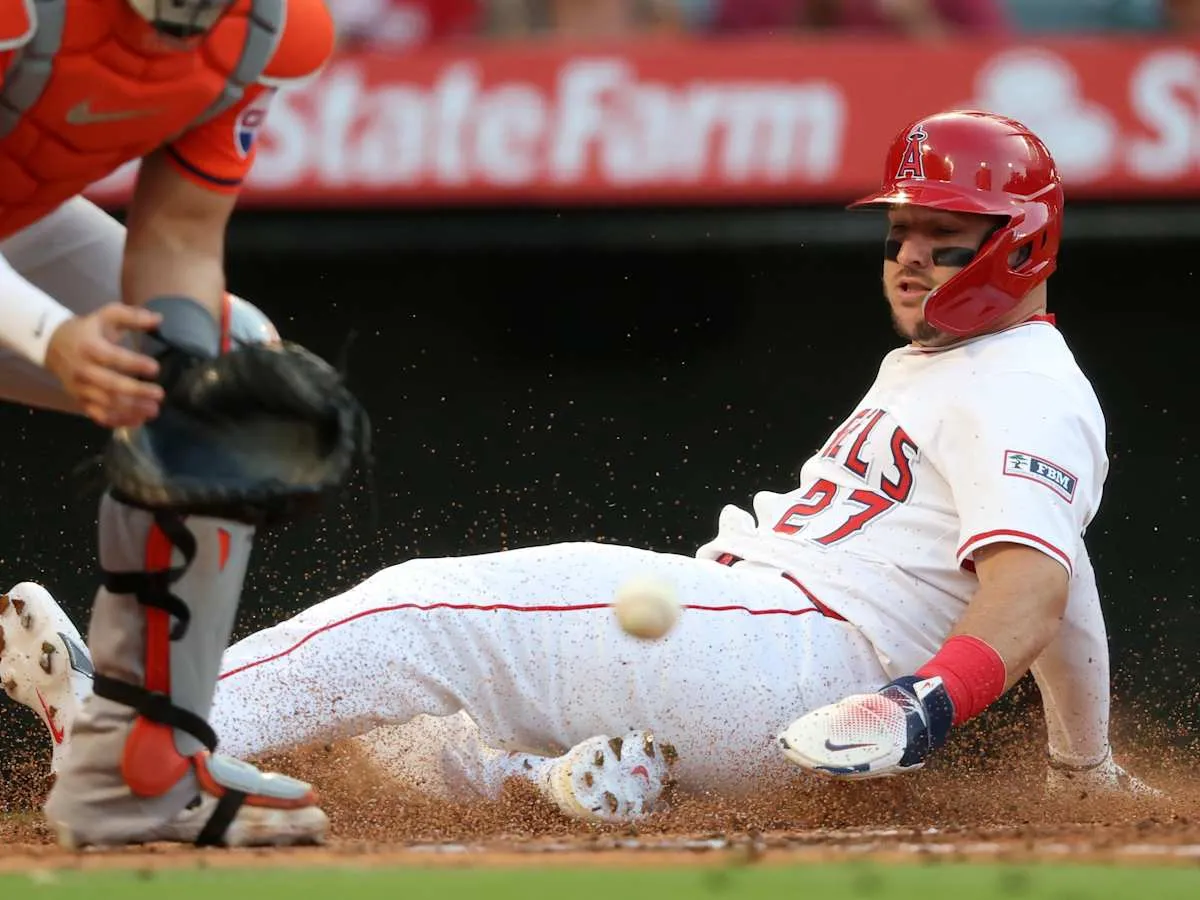
Mike Trout’s Long Reign as an All-Star Favorite
Since his debut in 2011, Mike Trout has captured the hearts of fans and analysts alike. His combination of power, speed, and defensive prowess made him one of the most well-rounded players in the game. Year after year, Trout not only earned All-Star selections, but he often led the league in fan votes, a testament to his popularity and impact on the field. His highlights — from jaw-dropping catches to clutch home runs — became a staple of MLB’s promotional material.
For over a decade, it seemed unthinkable that Trout’s name wouldn’t appear at or near the top of the All-Star ballots. He was the gold standard, a player every team dreamed of having, and every young fan wanted to emulate. But as the 2025 All-Star voting results began to trickle in, the unthinkable happened: Mike Trout was no longer among the top vote-getters.
The Surprising All-Star Voting Results
The release of the first phase of All-Star voting sent shockwaves through the baseball community. Fans scrolled through the list of leading vote-getters, searching for Trout’s name, only to find it conspicuously absent from the top spots. Instead, newer stars and rising phenoms seemed to dominate the charts.
Players like Julio Rodríguez, Aaron Judge, and Kyle Tucker surged ahead in the outfield voting. Meanwhile, Trout, once considered a guaranteed starter, languished in the middle of the pack. This was not a case of a close race where a few hundred votes separated the stars — the gap was significant, and for many, it felt symbolic of a shift in the game’s landscape.
Is Age Finally Catching Up to Trout?
One of the most discussed reasons for Trout’s drop in the voting is the inevitable reality of age and injury. Now in his mid-30s, Mike Trout has battled various injuries over the past few seasons. From calf strains to back issues, these injuries have limited his playing time and, perhaps more importantly, his visibility. In a sport where fans often vote based on recent highlights and performances, Trout’s time on the injured list has hurt his candidacy.
While Trout’s talent is undeniable, fans may be gravitating toward players who are currently dominating the highlight reels. Younger stars, playing nightly and dazzling audiences, capture the imagination in a way that a sidelined veteran, no matter how great, struggles to do.
The Changing Face of Baseball’s Stars
Another factor in Trout’s All-Star snub is the emergence of a new generation of stars who are redefining the game. Players like Ronald Acuña Jr., Juan Soto, and Fernando Tatis Jr. bring a swagger, style, and social media presence that resonates with younger fans. These players are not just talented; they are personalities, engaging fans through platforms like TikTok, Instagram, and Twitter in ways that were less common when Trout first rose to stardom.
While Trout has always been admired for his humble, business-like approach to the game, this demeanor may feel subdued in the modern sports landscape, where charisma and online engagement are increasingly important. The result is that while Trout remains respected, the spotlight has shifted toward players who combine elite performance with dynamic public personas.
Is This Just a Temporary Setback or a New Reality?
The question on the minds of many fans and analysts is whether this year’s All-Star voting snub represents a blip on the radar or the beginning of a new chapter in Trout’s career. It’s worth noting that Trout’s performance when healthy is still elite. His OPS remains among the best in the league, and his defensive metrics continue to impress. But the combination of fewer games played and decreased media visibility might be signaling a transition — from being the face of MLB to becoming one of its respected veterans.
Some argue that this is merely a result of injury bad luck, and that a healthy second half of the season could see Trout reassert himself as one of the game’s premier players. Others see it as a sign that the torch is being passed, not because Trout isn’t great, but because the game is constantly evolving and elevating new faces.
The Role of Fan Voting and Its Impact
Fan voting for the All-Star Game has always been a double-edged sword. On one hand, it engages fans and allows them to feel invested in the event. On the other, it can sometimes turn into a popularity contest, influenced more by recent buzz than sustained excellence. In Trout’s case, it appears that a combination of missed games, shifting fan interests, and the rise of new stars contributed to his fall in the voting.
This raises an important discussion about whether fan voting truly captures the best players in the game or simply reflects the hottest names at the moment. While it’s thrilling to see new talent recognized, there’s also a bittersweet quality to seeing a player like Trout, who has given so much to the sport, overlooked.
The Reaction from the Baseball World
The response to Mike Trout’s All-Star snub has been passionate and divided. Some fans and commentators expressed outrage, believing that Trout’s body of work and current level of play, even in limited action, should have secured him a starting spot. Others saw it as a natural and perhaps overdue shift, where attention turns to players who are not only producing but also energizing the sport’s image in new ways.
Notably, Trout himself handled the situation with his usual grace. In interviews, he downplayed the significance of the voting, emphasizing team success over personal accolades. It’s a reminder of why so many admire him — for his humility and team-first mindset, even amid personal disappointment.
What Does This Mean for Mike Trout’s Legacy?
It’s important to remember that All-Star selections, while significant, do not define a player’s legacy. Mike Trout’s place in baseball history is secure. His accolades, statistics, and impact on the game over the past decade ensure that he will be remembered as one of the greatest players of his generation.

However, this moment may mark the start of a new phase in his career — one where he transitions from being the face of the league to a revered veteran. That’s not necessarily a negative thing. Many legends have gone through similar phases, and Trout’s continued excellence on the field, when healthy, ensures that he remains a player to watch.
The Bigger Picture for MLB
Beyond Trout’s personal journey, his All-Star voting results highlight the broader dynamics at play in MLB today. The league is evolving, with new stars rising and fan preferences shifting. Social media, international talent, and a growing emphasis on style and personality are reshaping how players are perceived and celebrated.
For MLB, this is both a challenge and an opportunity. The game must balance honoring its established stars while also nurturing and promoting its emerging talents. Mike Trout’s experience in this year’s voting is a reminder of how quickly the tides can change and how essential it is for the league to adapt to the ever-changing landscape of sports and entertainment.
Final Thoughts
The fall of Mike Trout in the All-Star voting is a story of change — in the player’s career, in the game, and in the fans who follow it. While surprising, it offers an opportunity to reflect on what makes a player truly great and how greatness is recognized. Whether this is a temporary setback or a sign of a larger shift, one thing is certain: Mike Trout’s contributions to baseball go far beyond any single All-Star Game, and his legacy will endure for generations to come.








